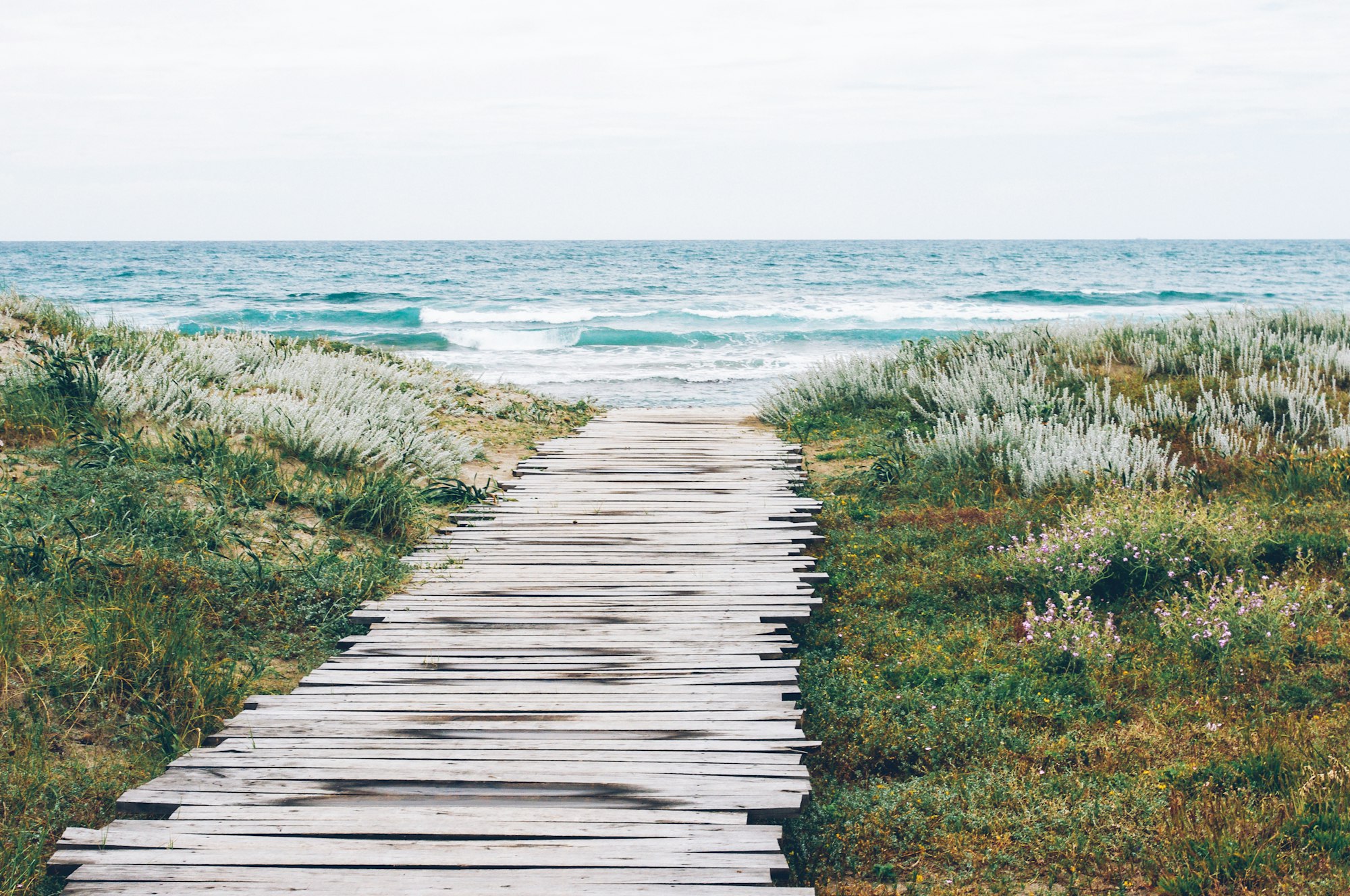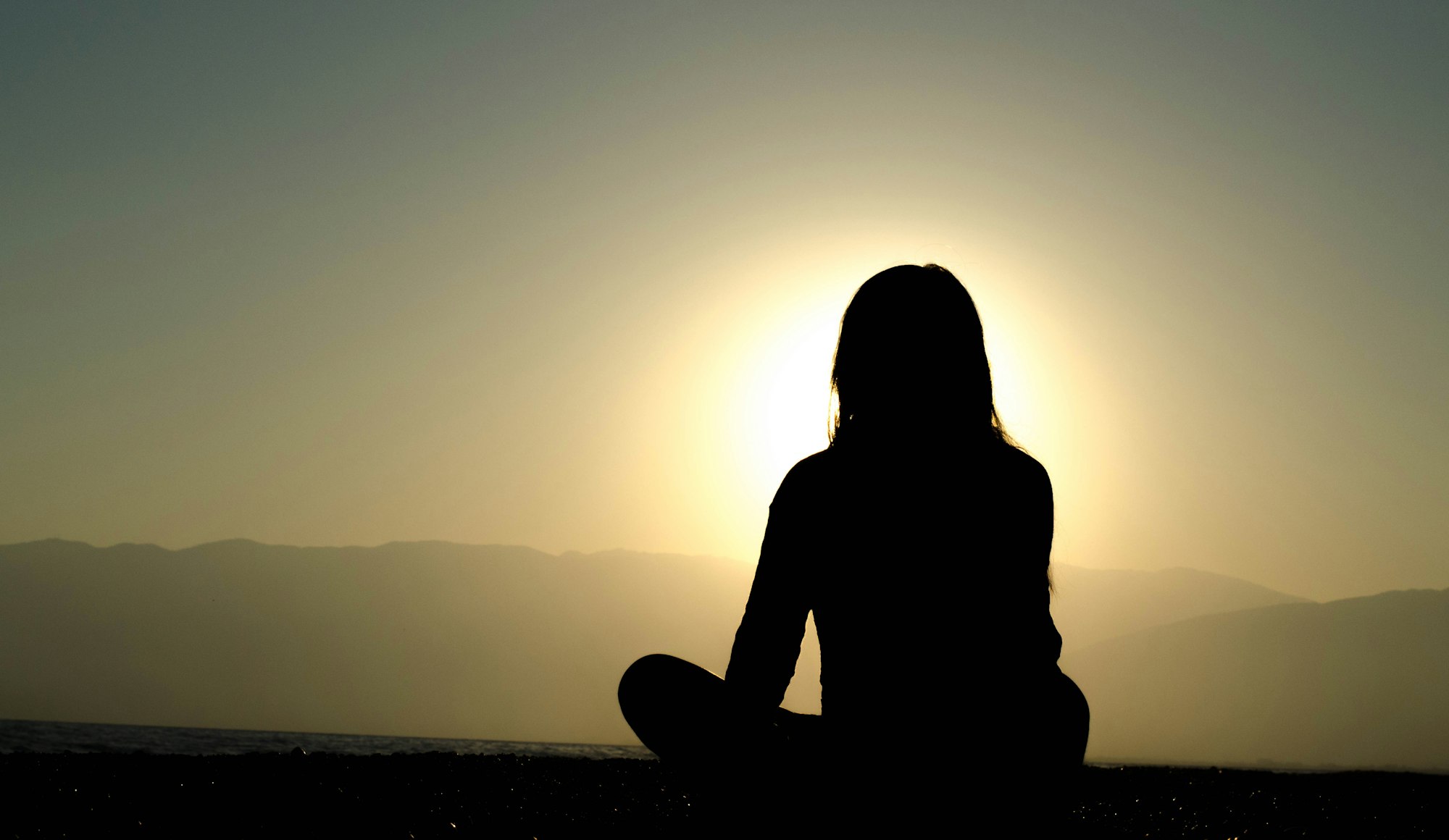"Nobody is coming to save you. That's the hard truth. But curiosity puts you in the driver's seat."
Recovery is hard. Full fucking stop.
Let's cut the bullshit: stroke recovery is one of the hardest things you'll ever do. The phrase "new normal" might be overused, but it hits like a ton of bricks because it's painfully accurate. When you get home from the hospital—if you're lucky enough to have inpatient rehab—you realize just how alone you are. Outpatient rehab is helpful, but it's not forever. Eventually, the safety net of doctors, therapists, and structured support disappears, and you're left to figure out what the hell comes next.

Friends and family might want to help, but they have jobs, commitments, and their own lives to get back to. Your therapists and doctors care, but they have dozens of other patients to see. And you? You're still here, dealing with the emotional weight, physical challenges, and mental grind of trying to get better.
This is where curiosity saved my ass.
Curiosity Was My Turning Point
"What else is possible? This question changed everything for me."
Recovery is a lot of trial and error. The structured plans you had in rehab are gone, and now it's up to you to figure out what works. Curiosity became my driver—my spark—to keep moving forward.
Curiosity got me asking questions like:
What happens if I try something new?
Could this tool or technique help me?
Is there more out there than what I've been told?

For me, curiosity meant exploring the gym again after thinking I would never walk let alone run. It meant looking into things like breathwork and mindfulness—concepts I once dismissed as woo-woo bullshit. It meant pushing past fear, frustration, and the overwhelming loneliness of recovery to ask myself, What else is possible?
The Power of Curiosity in Recovery
Curiosity isn't some cute, optional extra in recovery. It's your secret weapon.
It Gives You Options
Recovery isn't one-size-fits-all. What works for one person might not do jack for you. Curiosity helps you explore new tools, therapies, and approaches to find what fits your unique journey.
It Fuels Resilience
Recovery is full of setbacks, plateaus, and moments where you want to throw in the towel. Curiosity gives you the fire to keep trying, even when progress feels slow as molasses.
It Helps You Take Control
Nobody is coming to save you. That's the hard truth. But curiosity puts you in the driver's seat. It lets you take ownership of your recovery and turn it into something that's yours.

How Curiosity Shaped My Recovery
1. Getting Back Into the Gym
After my stroke, the gym felt like Mount Everest. I wasn't sure what I could do or where to even begin. But curiosity made me ask, What if I try?
"Now, I'm running thousands of miles a year, and it all started with a simple question: What happens if I just start?"
Step by step, I started testing my limits. What exercises could I still do? How far could I push myself? Slowly, I built momentum. Now, I'm running thousands of miles a year, and it all started with a simple question: What happens if I just start?

2. Discovering Breathwork
Breathwork sounded like complete BS to me at first. I thought, Why would I need to practice breathing? But curiosity made me dig deeper, and holy shit, what I found blew my mind.
I learned how focusing on my breathing could improve circulation, calm my mind, and even help with mental clarity. It wasn't a magic fix, but it was another powerful tool in my recovery toolbox.
3. Exploring Mindfulness and Meditation
Mindfulness and meditation weren't part of my life pre-stroke. To be honest, I thought they were for people who had too much time on their hands. But curiosity kept whispering, What if this could help?

I started small—just a few minutes a day—and over time, I saw the benefits. It helped me manage the anxiety and frustration that come with recovery, and it gave me space to process everything I'd been through. I highly recommend the calm app, especially if you're just getting started!
Why Curiosity is Essential
"Without curiosity, recovery can feel like a dead end. With it, every setback becomes a setup for a comeback."
Without curiosity, recovery can feel like a dead end. It's easy to get stuck in routines that aren't working or settle for slow progress because you don't know what else to try. But curiosity opens doors. It helps you move forward when everything feels like it's standing still.
Practical Ways to Cultivate Curiosity
Start Small
Try one new thing this week. It could be an exercise, a recovery tool, or even reaching out to another survivor for advice.
Ask Questions
If something isn't working, ask why. If you don't understand your options, ask your doctors or therapists to explain. Be the squeaky wheel if you have to.
Reflect and Adjust
Curiosity isn't just about trying new things—it's about learning. Take time to reflect on what worked, what didn't, and what you can try next.

Recovery is Yours to Own
Let me be real with you: curiosity won't solve all your problems. Recovery is still hard, messy, and full of setbacks. But curiosity gives you a way forward. It helps you turn frustration into action, loneliness into connection, and uncertainty into possibility.
Nobody else can define your recovery for you. But by staying curious, you can make it your own.
"Your recovery. Your rules. Your curiosity will lead the way."




